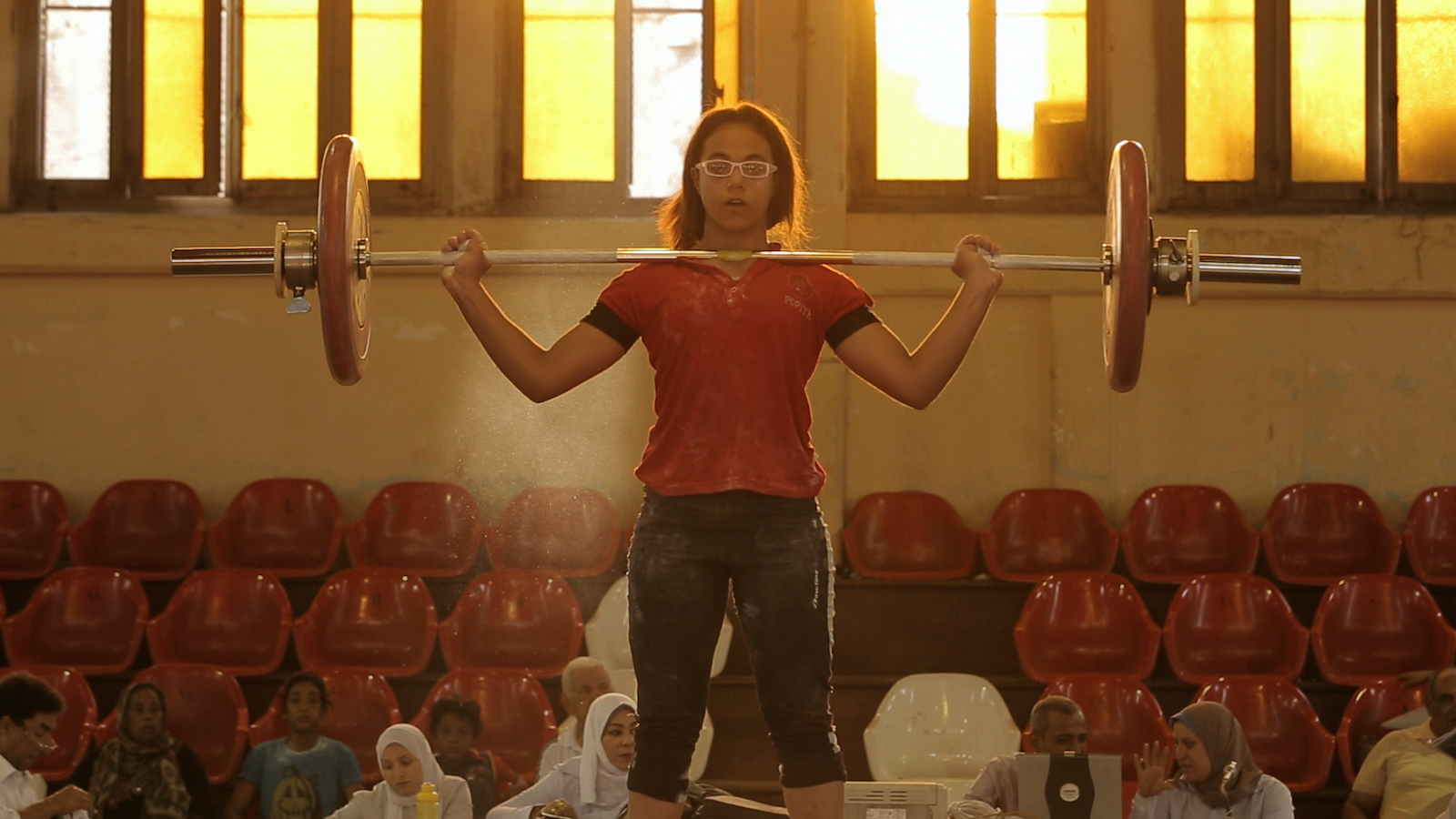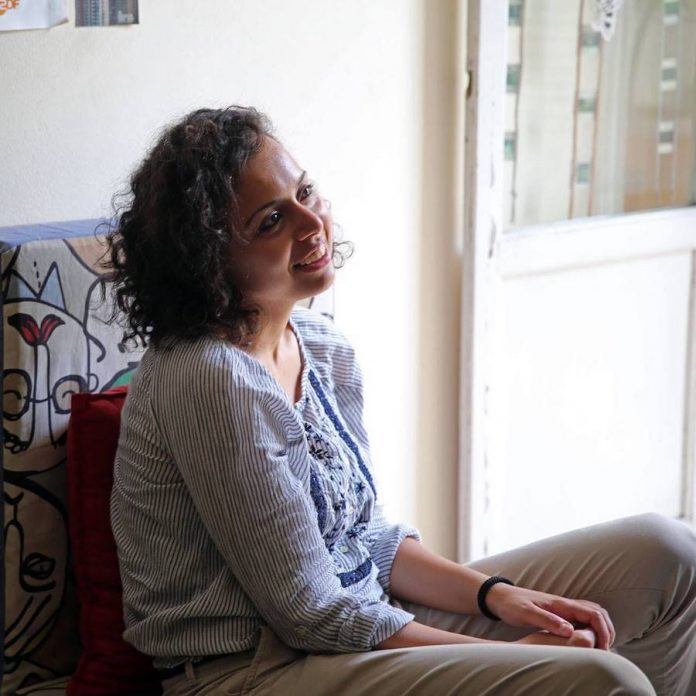BENGALURU: Egyptian filmmaker Mayye Zayed’s “Lift Like a Girl” recently won the acclaimed Golden Dove for Best Film in two categories at the International Leipzig Festival for Documentary and Animated Film in Germany. Zayed’s win comes shortly after the film premiered at this year’s Toronto International Film Festival.
The documentary, which Zayed wrote and directed, follows 14-year old Asmaa Abbary (aka Zebiba) over a period of four years, as she trains to become a professional weightlifter. Alongside other young girls, Zebiba trains at a vacant lot on a busy intersection in Alexandria, Egypt. They train under Captain Ramadan, a veteran whose champion weightlifters have included his own daughter, Nahla, a former world champion and Olympic participant. Over 10 years, Captain Ramadan has coached four Olympic, nine world, and 17 pan-African female champions.
The film consists of five chapters, Zayed explains: “Childhood; first defeat; first victory; the biggest loss in a protégé’s life; and, finally, acceptance and moving forward.”

Aside from Zebiba’s transformation from a carefree child to a relentlessly committed professional, Zayed also captures the role Captain Ramadan and his sparse training ground play in Zebiba’s journey.
Zayed explains that she chose Zebiba as the subject of her film because of her bond with Captain Ramadan. “It was not a coach-trainee relationship; but more of a father-daughter relationship, with all its layers and setbacks,” Zayed says. “It felt natural to me, and I wanted to explore that relationship just as much as I wanted to explore Zebiba’s journey as an athlete.”
In 2014, when a colleague told Zayed about the location where Captain Ramadan trained girls to become professional weightlifters, she was fascinated and immediately went to visit the site. “You would never imagine anyone spending more than five minutes there,” she says. “It is near the harbor — dusty, noisy.” Yet Ramadan has transformed it into a welcoming place where many of Egypt’s weightlifting champions have trained.

“The training ground is very present. It has become a main character in the film,” Zayed adds.
While the girls were used to the press visiting them, it took them some time to adapt to the observational style of the documentary. In the beginning, it was a challenge for them to forget about the camera and continue training. Zayed says that it was important for her to build trust with her subjects. But by the end of four years of shooting, Zebiba and the girls have become family.
“This story needed that time,” she explains. “The audience sees Zebiba growing up in front of the camera and can relate to her journey.”
Zayed had been inspired by Egypt’s female weightlifters long before she decided to undertake this project. She recalls Nahla Ramadan winning her gold medal at the World Championships in Canada in 2003. “It was all over the news. I was 18 back then and this girl — younger than me, training on the streets of Alexandria with her father — it really captivated and fascinated me. It was the first time we had heard of an Egyptian girl weightlifting and not only that, but winning a gold medal at an international level.”
Over the years, the filmmaker continued to follow Nahla’s achievements in the news, so when she had the chance to meet Captain Ramadan 17 years later, she says, “I knew immediately that I wanted to make a film about this world. I felt that if Nahla’s story had such an effect on me as a teenager, then making a film about Zebiba could inspire other young girls to follow their dreams, no matter what.”


